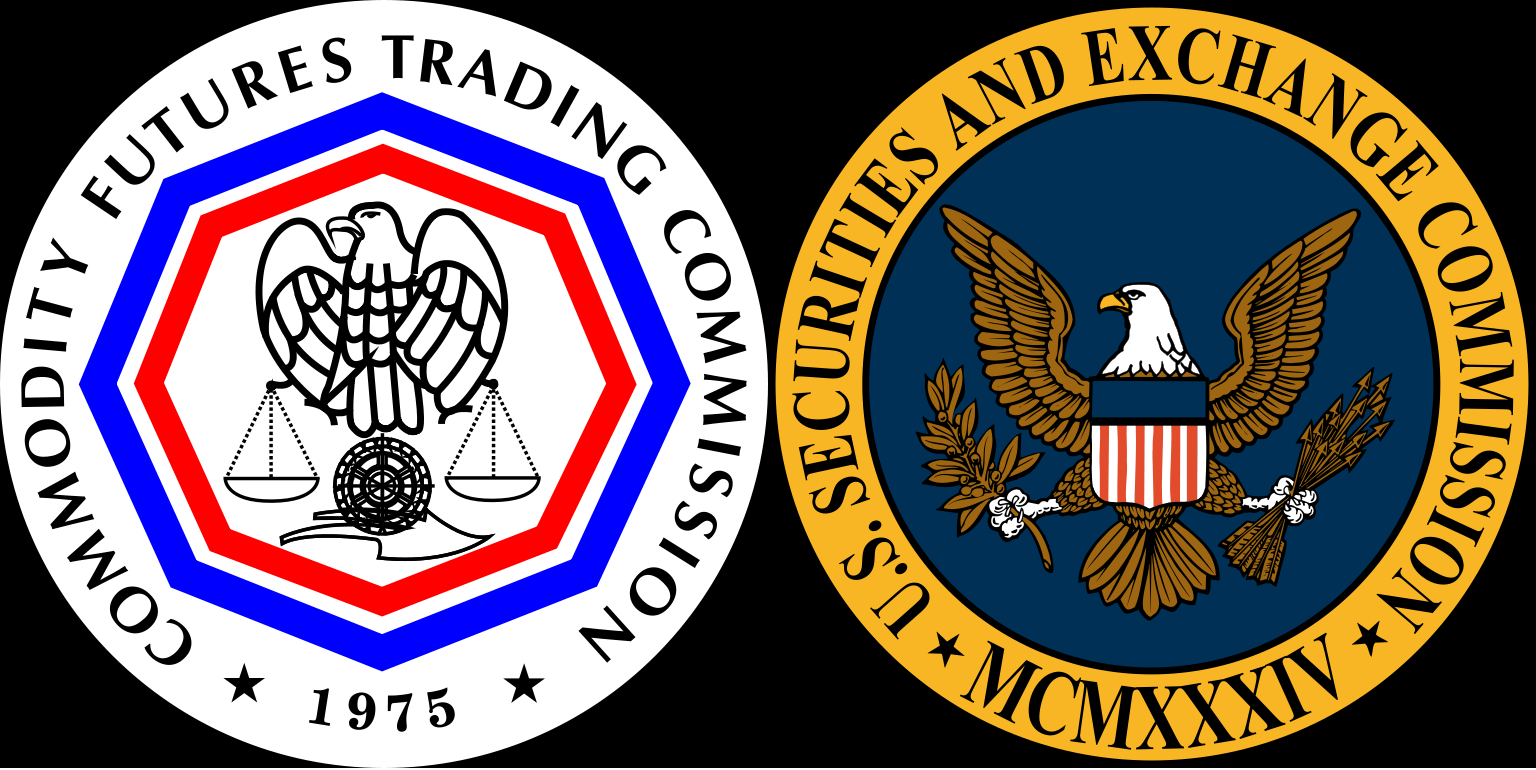The U.S. Commodity Futures Trading Commission (CFTC) and Securities and Exchange Commission (SEC) are proposing changes to Form PF. The amendment proposes that the categories of “cash and cash equivalents” and “digital assets” be different to ensure accurate reporting. This indicates that if the change passes, Form PF will include a new sub-asset class for cryptocurrencies. Here are the details…
A separate category is needed for cryptocurrencies
A change to the term “cash and cash equivalents” has been proposed to direct consultants to exempt digital assets when reporting cash and cash equivalents, according to information available on the Federal Register website. Form PF is a confidential reporting form for certain investment advisors of private funds registered with the SEC and the CFTC. The commissions (collectively) suggested that cryptocurrencies, also called “crypto-assets,” have experienced growth in recent years alongside their volatility.

In the current scenario, various hedge funds have been created to invest in cryptocurrencies. At the same time, many existing hedge funds seem to allocate some of their portfolios to these assets. Therefore, in order to have clarity about the overall market risks of hedge funds, it is vital to gather information about their exposure to digital assets.
How are cryptocurrencies defined in the proposed amendment?
The proposal defines a “digital asset” (cryptocurrency) as any asset issued and/or transferred via a distributed ledger or Blockchain technology. This includes assets called “virtual currencies”, “coins” and “tokens”. However, it is not limited to these. According to the commission, the changes aim to improve the ability to examine the size of the hedge fund portfolio concentration and identify directional risks.

The proposal added that high portfolio concentration includes the increased risk of losses that can occur when a fund’s investment represents a large portion of a particular investment, asset class or market segment. Leveraged portfolios increase this risk even more. The proposed amendments are designed to identify a fund’s concentration risk (where the gross exposure to a reference asset is greater than the fund’s NAV).
The two regulators noted that if the proposal is implemented, it could allow investment advisors to provide more detailed information on strategies and exposure to certain assets. He claimed that this would allow the Financial Stability Oversight Council to better assess the potential risks to the economy. As we reported on cryptokoin.com, US lawmakers are also currently considering different legal approaches aimed at better determining the role of the SEC and CFTC in regulating crypto.





